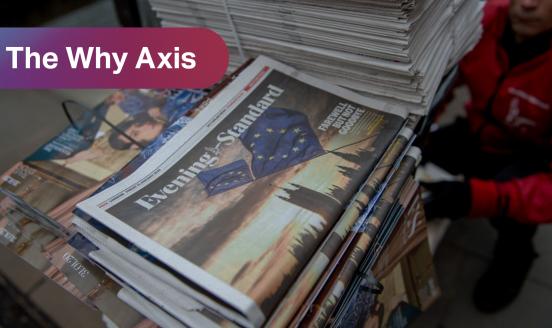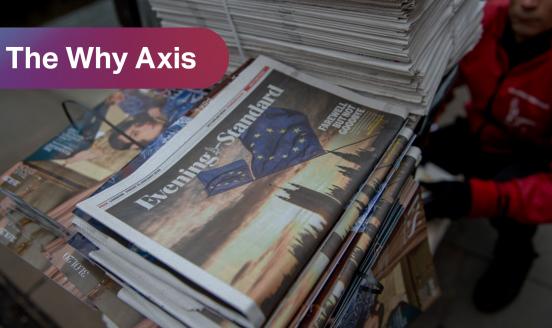
Bertin Martens
Bertin Martens is a Senior fellow at Bruegel. He has been working on digital economy issues, including e-commerce, geo-blocking, digital copyright and media, online platforms and data markets and regulation, as senior economist at the Joint Research Centre (Seville) of the European Commission, for more than a decade until April 2022. Prior to that, he was deputy chief economist for trade policy at the European Commission, and held various other assignments in the international economic policy domain. He is currently a non-resident research fellow at the Tilburg Law & Economics Centre (TILEC) at Tilburg University (Netherlands).
His current research interests focus on economic and regulatory issues in digital data markets and online platforms, the impact of digital technology on institutions in society and, more broadly, the long-term evolution of knowledge accumulation and transmission systems in human societies. Institutions are tools to organise information flows. When digital technologies change information costs and distribution channels, institutional and organisational borderlines will shift.
He holds a PhD in economics from the Free University of Brussels.
Disclosure of external interests
Featured work

Talks@Bruegel: China's tech regulations and global tech rivalry with Angela Zhang
How China governs Big Tech and regulates Artificial Intelligence?

Why should EU copyright protection be reduced to realise the innovation benefits of Generative AI?

Economic arguments in favour of reducing copyright protection for generative AI inputs and outputs
The licensing of training inputs slows down economic growth compared to what it could be with competitive and high-quality GenAI

The EU Artificial Intelligence Act: premature or precocious regulation?

The European Union AI Act: premature or precocious regulation?
As it stands, it is unknown whether the Act will stimulate responsible AI use or smother innovation.

Are new EU data market regulations coherent and efficient?
Technical restrictions on access to and re-use of data may result in failures in data markets and data-driven services markets.

The turmoil at OpenAI reveals underlying structural tensions in the AI industry
The competitive nature of the industry means highly skilled employees present the ultimate resource scarcity for AI development.

Is the EU Copyright Directive still fit for purpose in the age of generative AI?
How should policy makers balance copyright protection and innovation in the era of Generative AI?

Talks@Bruegel: Gatekeepers in the Digital Markets Act with Fiona Scott Morton
Invitation-only event featuring Fiona Scott Morton who will talk about Core Platform Services and their obligations

Bruegel Annual Meetings, 6-7 September 2023
A symphony in progress: shaping a new agenda for Europe

What should be done about Google’s quasi-monopoly in search?

What should be done about Google’s quasi-monopoly in search? Mandatory data sharing versus AI-driven technological competition
This paper explores the crucial role of search engines in modern digital economies and their impact on user welfare.

European Commission antitrust case targets Google’s dominance of online ad-space buying
The European Commission for the first time is considering forcing Google to divest part of its advertising services.

How does the EU Data Act aim to promote competition in data markets?

Has the Digital Markets Act got it wrong on app stores?
The app-store obligations in the European Union’s Digital Markets Act are unlikely to weaken the market power of Apple and Google.

Pro- and anti-competitive provisions in the proposed European Union Data Act
This paper explores several pro- and anti-competitive provisions included the proposed EU Data Act.

How to fix the European Union’s proposed Data Act
The proposed EU Data Act on industrial and non-personal data should be simpler and clearer, or the benefits could be limited.

The European Health Data Space

Can the EU Data Act deliver a fair, competitive and innovative data market?
This event will discuss the EU data Act, with a particular focus on B2B and B2C data sharing

'In Situ' Data Rights
Privacy empowers individuals to control what is gathered and who sees it; portability permits analysis and creates competition. By moving our data to

Towards efficient information sharing in network markets
In this paper, we turn our attention to market failure due to information asymmetry between platforms and their users and between competing platforms.
Civil society for the digital age
What is the place of civil society in the digital age as well as the role of technology in society?
Geo-blocking in the digital single market
Geo-blocking is a discriminatory practice that is wide-spread in EU. It prevents online customers from accessing and purchasing products or services f